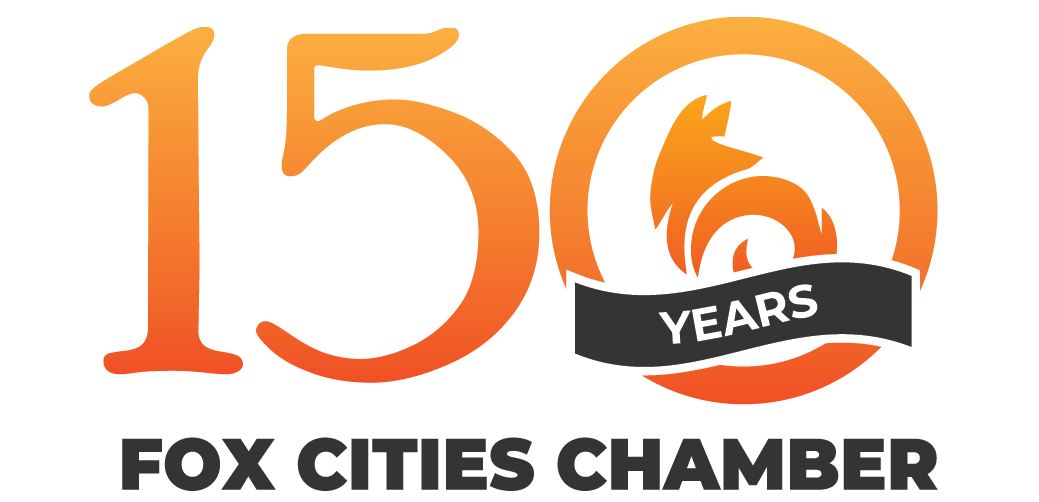On Tuesday, Governor Tony Evers delivered his annual State of the State and called on legislators to pass several initiatives he is planning on proposing in the 2023-2025 Wisconsin State budget. He outlined several areas of priority, including economic development, child care, and mental health, among others.
Economic Development
Evers announced more than $190 million in investments that will be included in his 2023-35 executive budget proposal to bolster Wisconsin’s workforce, including the healthcare, education, and clean energy sectors. He also announced his plan to continue investing in small business development across the state through the successful Main Street Bounceback Grant Program.
- $100 million to continue the Workforce Innovation Grant Program to provide long-term solutions for businesses to find workers and individuals to obtain family-supporting jobs.
- $12 million for job training initiatives through the Worker Advancement Initiative.
- More than $50 million to increase our healthcare workforce through innovative and multifaceted strategies, including:
- $22.5 million to establish an ongoing Innovation Grant program for healthcare employers to engage in improved recruitment and retention of long-term care providers.
- $8 million in support to the WisCaregivers Careers program to expand the long-term care workforce.
- $4.7 million to bolster the Qualified Treatment Trainee grant program, increasing licensed and certified psychologists, counselors, social workers, nurses, and marriage and family therapists in Wisconsin.
- $7 million to establish a new Medical College of Wisconsin Psychiatry Residency Program.
- $1.26 million for the Graduate Medical Education program to increase residency programs in rural Wisconsin hospitals. This budget also expands the grant term to five years and doubles support per resident position.
- $1 million to Covering Wisconsin to increase awareness of available tax credits and subsidies and connect care providers to health insurance.
- $10 million for the Wisconsin Nurse Educator program, ensuring the robust teaching workforce necessary to provide high quality education to our future nurses.
- $5 million over the biennium through the Worker Advancement Initiative for health care workforce programs.
- More than $20 million to bolster the teacher pipeline, including:
- $5 million per year for “grow your own initiatives” to promote local teacher recruitment, development, and retention.
- $9.4 million for stipends to student teachers or interns.
- $2 million to provide stipends to teachers who train/oversee student teachers or interns; and
- $50,000 for stipends to school library interns.
- $10 million to invest in Wisconsin’s future workforce and future clean energy economy by providing clean energy job training and reemployment programs.
- $50 million to continue the successful Main Street Bounceback Grant Program to provide as many as 5,000 eligible businesses.
- $5 million, funded by ARPA, for technical assistance, mentorship, and educational training for Main Street Bounceback grant recipients.
Child Care
He also announced several initiatives to support child care in Wisconsin. Of note to businesses:
- Setting local economies up for success by supporting working parents and bolstering community child care infrastructures by:
- Investing $11,198,000 GPR in each fiscal year in the innovative “Partner Up!” Program to support partnerships between businesses who purchase child care slots for their employees and child care providers, and supporting retention, recruitment, and career development for potential providers.
PFAS Contamination
Gov. Tony Evers announced his plan to address contamination caused by per- and polyfluoroalkyl substances (PFAS) statewide. As part of his proposal, the governor will be recommending more than $106 million in initiatives in his 2023-25 biennial budget proposal to support municipalities in responding to local PFAS contamination, bolster staff and resources at the Wisconsin Department of Natural Resources (DNR), and increase PFAS testing, sampling, and monitoring.
Among his proposals, he includes:
- Providing $100 million for a municipal grant program designed to support local units of government in responding to PFAS contamination. Eligible activities include PFAS investigation and sampling, provision of alternative water, and long-term removal of PFAS from water supplies.
Governor Evers will introduce his full budget after delivering his Budget Address on February 15th. After that, the legislature’s Joint Finance Committee will begin to dig into the details and propose any changes – including, if they choose to, an entirely different budget – over the next several months until the full legislature passes the bill sometime over the Summer.

